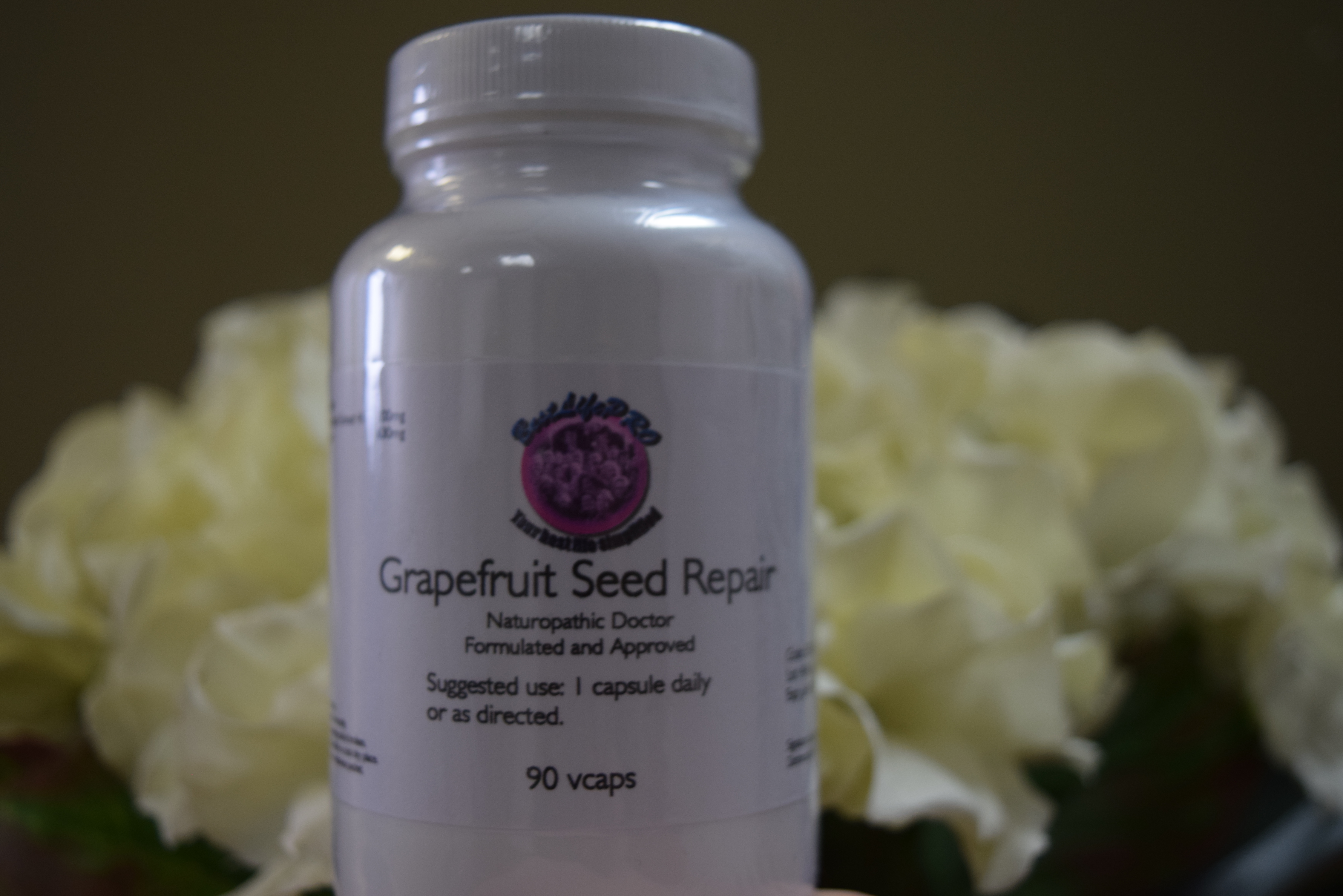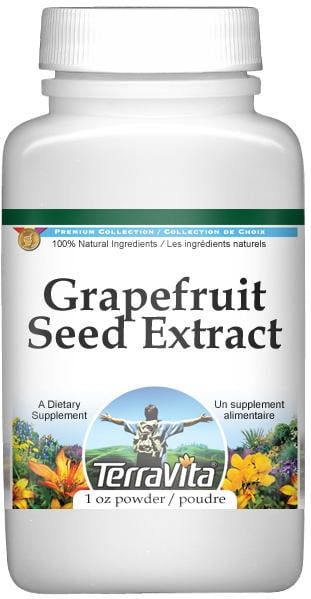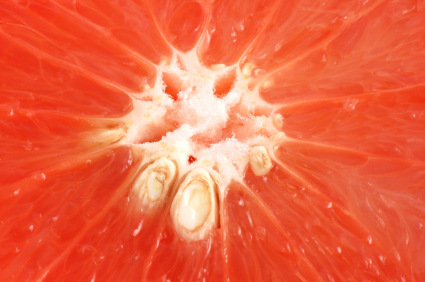

Since several decades, the growth rate of reproductive hens has strongly increased due to genetic progress and management strategies. The funders had no role in study design, data collection and analysis, decision to publish, or preparation of the manuscript.Ĭompeting interests: The authors have declared that no competing interests exist. Alix Barbe is a PhD student supported by Région Centre Val de Loire. This is an open access article distributed under the terms of the Creative Commons Attribution License, which permits unrestricted use, distribution, and reproduction in any medium, provided the original author and source are credited.ĭata Availability: All relevant data are within the paper and its Supporting Information files.įunding: This work has been supported by Région Centre Val de Loire grant "PREVADI" N☃2000820 to JD. Received: JanuAccepted: MaPublished: April 13, 2020Ĭopyright: © 2020 Barbe et al. Loor, University of Illinois, UNITED STATES (2020) A grape seed extract maternal dietary supplementation in reproductive hens reduces oxidative stress associated to modulation of plasma and tissue adipokines expression and improves viability of offsprings. A 1% GSE maternal dietary supplementation increased offspring viability and reduced oxidative stress suggesting a beneficial transgenerational effect and a potential use to improve the quality of the progeny in reproductive hens.Ĭitation: Barbe A, Mellouk N, Ramé C, Grandhaye J, Staub C, Venturi E, et al. Taken together, GSE maternal dietary supplementation reduces plasma and tissue oxidative stress associated to modulation of adipokines without affecting fattening in reproductive hens. This was associated to a decrease in plasma and liver oxidative stress parameters. Interestingly, maternal GSE supplementation increased the live body weight and viability of chicks at hatching and 10 days of age. This was also associated to decreased plasma chemerin and increased plasma adiponectin and visfatin levels. In all hen groups, GSE supplementation decreased plasma oxidative stress index associated to a decrease in the mRNA expression of the NOX4 and 5 oxidant genes in liver and muscle and an increase in SOD mRNA expression.

Body weight was significantly reduced in D group as compared to control. In hens from hatch to week 40, GSE supplementation did not affect food intake and fattening whatever the time and dose of supplementation.
GRAPEFRUIT SEED EXTRACT PREGNANCY TRIAL
We designed an in vivo trial using 4 groups of feed restricted hens: A (control), B and C (supplemented with 0.5% and 1% of the total diet composition in GSE since week 4, respectively) and D (supplemented with 1% of GSE since the hatch). Here, we evaluated the effects of time and level of GSE dietary supplementation on growth performance, viability, oxidative stress and metabolic parameters in plasma and metabolic tissues in reproductive hens and their offsprings.

However, their effect on endocrine and tissue response need to be deepened in reproductive hens. In mammals, grape seed extracts (GSE) reduces oxidative stress. However, it acts a stressor on the animal. In reproductive hens, a feed restriction is an usual practice to improve metabolic and reproductive disorders.


 0 kommentar(er)
0 kommentar(er)
